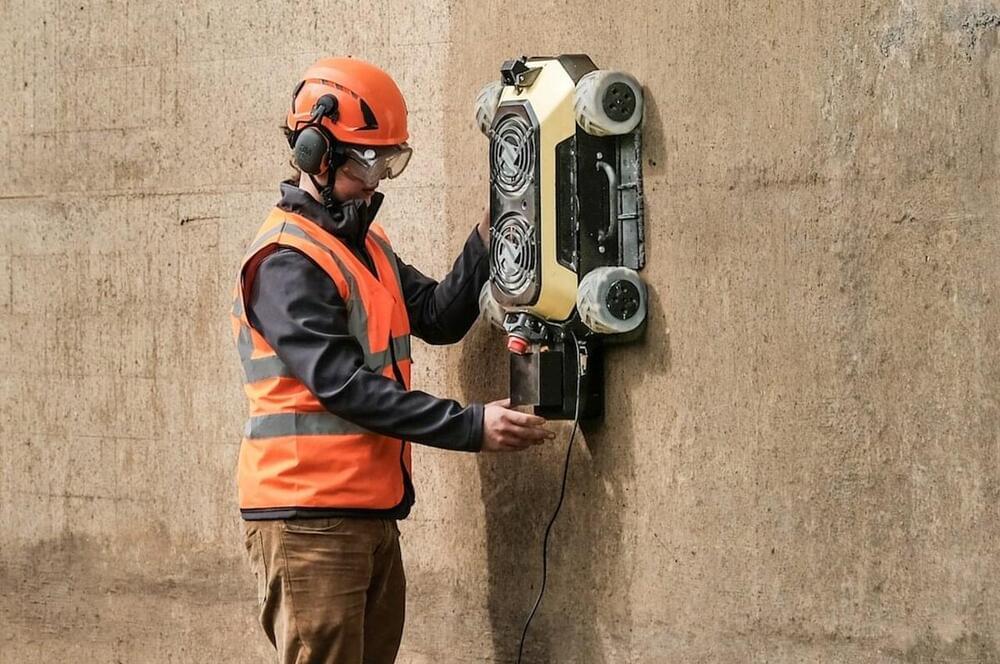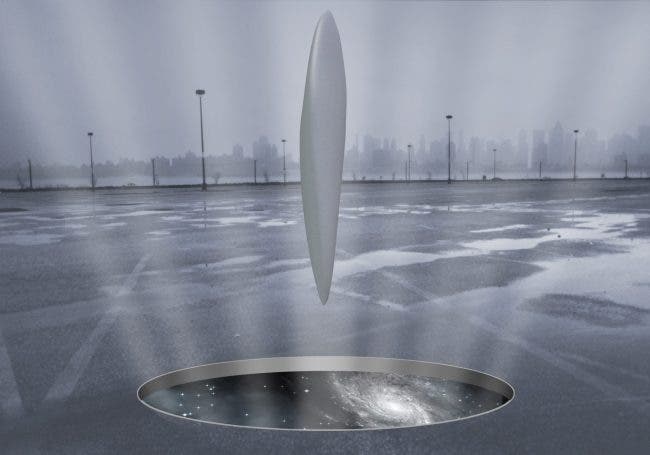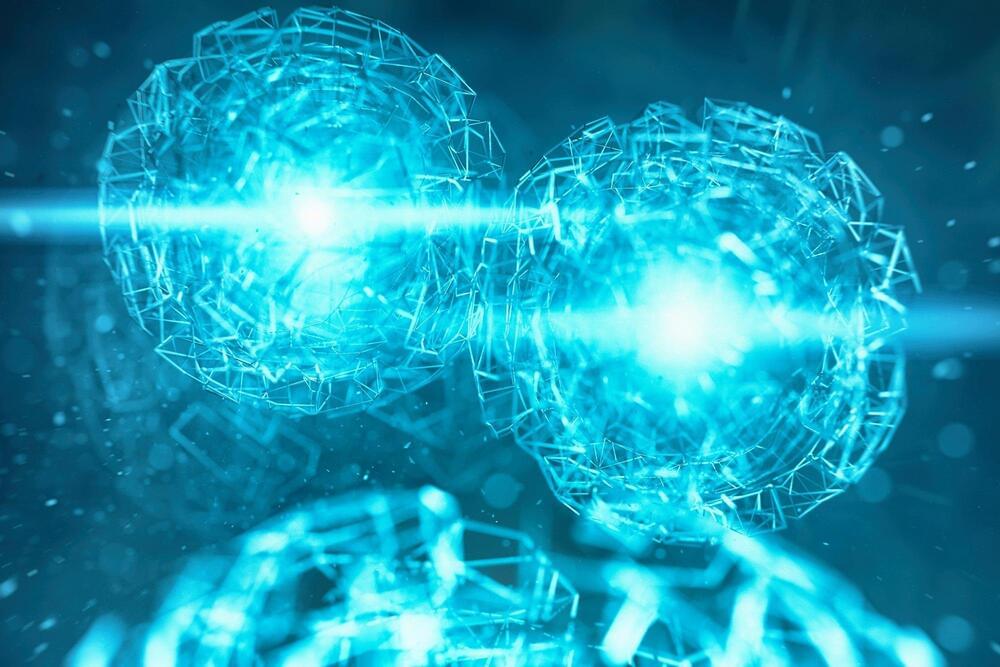Circa 2020
Flash heating of carbon-rich wastes creates graphene, which has many commercial uses.
Circa 2020
Flash heating of carbon-rich wastes creates graphene, which has many commercial uses.

Circa 2020
A team of chemists at McMaster University has discovered an innovative way to break down and dissolve the rubber used in automobile tires, a process which could lead to new recycling methods that have so far proven to be expensive, difficult and largely inefficient.
The method, outlined in the journal Green Chemistry, addresses the enormous environmental burden posed by tires, approximately 3 billion of which were manufactured and purchased worldwide in 2019. Most of those will end up in massive landfills or storage facilities, ultimately leaching contaminants into the ecosystem.
In 1990, a massive fire continued to burn out-of-control in a pile of 14 million scrap tires near Hagersville, Ontario. It continued for 17 days, spewing toxic smoke into the environment, and drove 4,000 residents from their homes. The fire has been linked to many long-term health issues, including rare cancers among the firefighters who worked on scene for days.

From the Terminator to Spiderman’s suit, self-repairing robots and devices abound in sci-fi movies. In reality, though, wear and tear reduce the effectiveness of electronic devices until they need to be replaced. What is the cracked screen of your mobile phone healing itself overnight, or the solar panels providing energy to satellites continually repairing the damage caused by micro-meteorites?

The renewable energy firm Savion is building the 200 megawatts Martin County Solar Project on a former coal mine on the border of Kentucky and West Virginia.
The solar energy generation facility will be located on approximately 1,200 acres on the old Martiki mine site in Martin County, interconnecting with Kentucky Power’s 138-kilovolt Inez Substation. The old Martiki coal mine is an abandoned mountain-top strip mine that was shut down in the 1990s. When completed, the project will produce enough energy to power the equivalent of more than 33,000 Kentucky homes.
The Martin County project that includes up to a $231 million investment recently cleared its last regulatory hurdle. It may be the biggest utility-scale coal-to-solar project in the country. The coal mine in Kentucky was one of the roughly 130,000 such sites that the Environmental Protection Agency (EPA) had earmarked for renewable energy projects.


HB1 is an automated wall-climbing robot that was designed to streamline home construction projects.
No matter the size, location, style, or chosen building material–when it comes to constructing houses, it can be a dangerous job. Even with bulky construction vehicles, building homes requires a lot of finesse and attention. As our technological worlds evolve, so do our tools and that includes those used for home construction. Home-building robotics company Hausbots developed an automated, climbing construction robot called HB1 to help get home projects done.

The research study of Spanish clinical neuropsychologist Gabriel G. De la Torre, Does artificial intelligence dream of non-terrestrial techno-signatures?, suggests that one of the “potential applications of artificial intelligence is not only to assist in big data analysis but to help to discern possible artificiality or oddities in patterns of either radio signals, megastructures or techno-signatures in general.”
“Our form of life and intelligence,” observed Silvano P. Colombano at NASA’s Ames Research Center who was not involved in the study, “may just be a tiny first step in a continuing evolution that may well produce forms of intelligence that are far superior to ours and no longer based on carbon ” machinery.”

A computer is suspended from the ceiling. Delicate lines and loops of silvery wires and tubes connect gold-colored platforms. It seems to belong in a science-fiction movie, perhaps a steam-punk cousin of HAL in 2001: A Space Odyssey. But as the makers of that 1968 movie imagined computers the size of a spaceship, this technology would have never crossed their minds – a quantum computer.
Quantum computers have the potential to solve problems that conventional computers can’t. Conventional computer chips can only process so much information at one time and we’re coming very close to reaching their physical limits. In contrast, the unique properties of materials for quantum computing have the potential to process more information much faster.
These advances could revolutionize certain areas of scientific research. Identifying materials with specific characteristics, understanding photosynthesis, and discovering new medicines all require massive amounts of calculations. In theory, quantum computing could solve these problems faster and more efficiently. Quantum computing could also open up possibilities we never even considered. It’s like a microwave oven versus a conventional oven – different technologies with different purposes.
